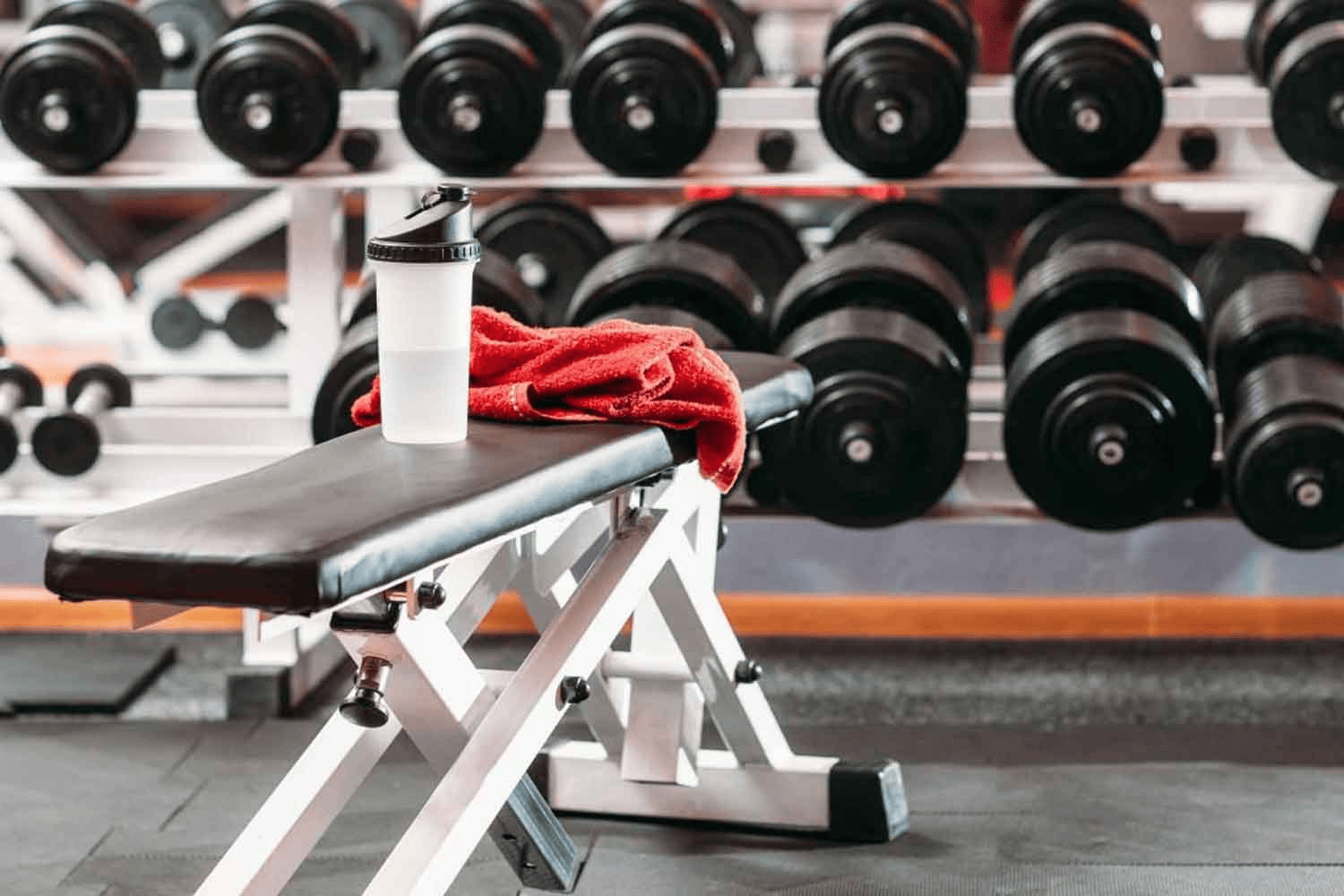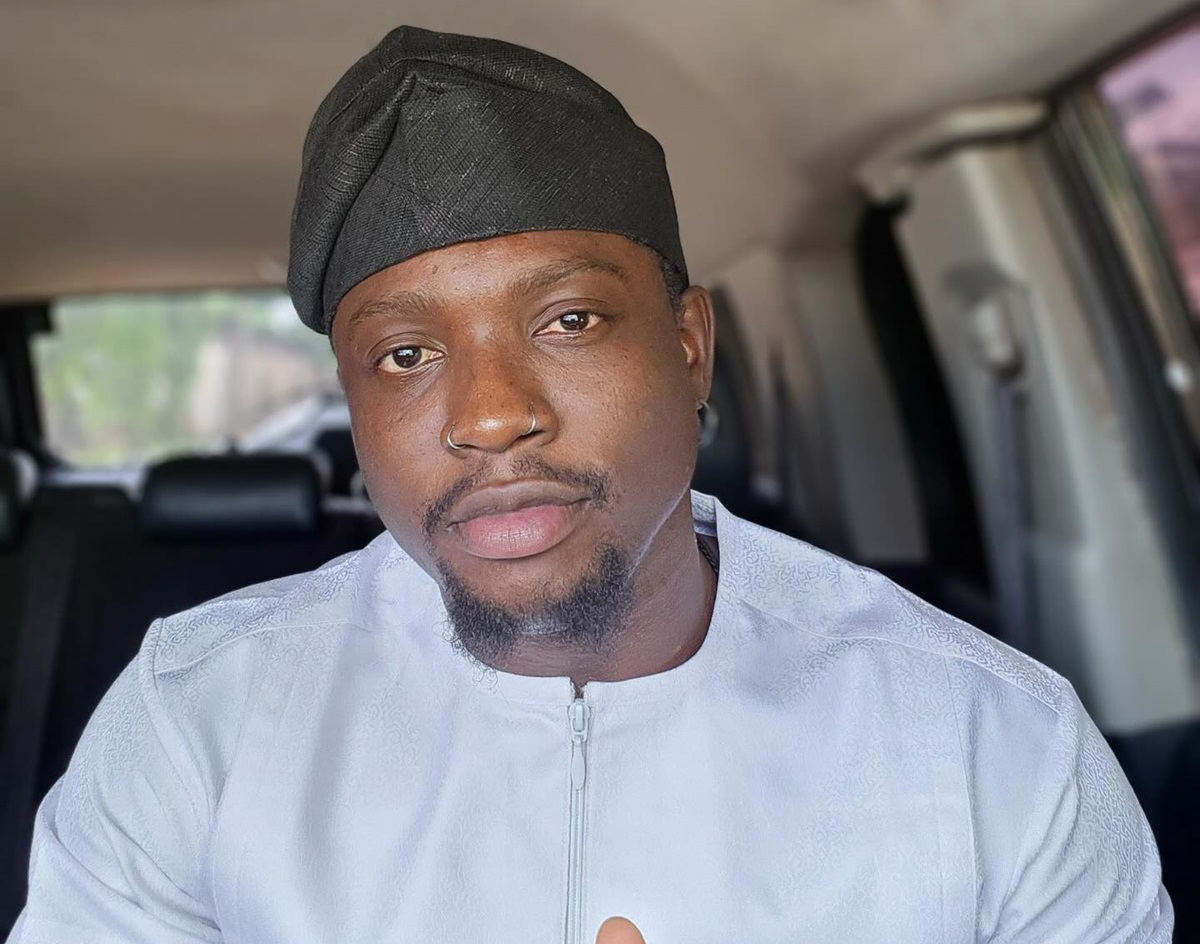
As the fitness movement gains momentum across Nigeria, especially in metropolitan Lagos, gym culture appears to be morphing into more than just a space for physical health — with growing concerns that fitness centres are becoming informal hotspots for romantic interactions.
In conversations with the News Agency of Nigeria (NAN), several gym-goers revealed how workout spaces are increasingly being used for social networking, flirtation, and even matchmaking, sometimes at the expense of the intended purpose of exercise.
Folarin Adekoya, a fitness enthusiast from Ikeja, noted a shift in the gym atmosphere. “There are people more interested in snapping pictures and socialising than actually exercising. Some gym outfits worn by women are clearly designed to attract attention rather than promote functionality,” he said.
Similarly, Jason Onwuka, who frequents a gym in the Festac area, acknowledged the social pull of modern gyms. “People now see gyms as a space for bonding, romance, and community. I’ve seen folks who come here just to talk for hours. It’s no longer just about fitness,” he said.
While some argue that this evolution is a reflection of an increasingly individualised society seeking connection, others believe it’s a distraction from the core goal of personal health and discipline.
Onwuka added that not all female gym-goers dress inappropriately. “The professional women I see here usually dress modestly in comfortable leggings or tights suitable for training. It’s a personal choice, and focus is key.”
The conversation took a national spotlight recently when ex-Big Brother Naija star, Teddy A, voiced his concerns in a viral video about indecent dressing in gyms. His comments sparked online debates over whether dress codes should be enforced in such spaces.
A gym manager in Ajah, speaking anonymously, confirmed that policies on appropriate conduct and attire have had to be implemented. “We want to maintain a respectful environment. People now see the gym as a place to meet others and unwind — as long as they’re not disruptive, we try to accommodate the changing dynamics.”
Despite management efforts, the trend persists, signaling a broader cultural shift in how fitness centres are perceived and used in contemporary urban Nigeria.




